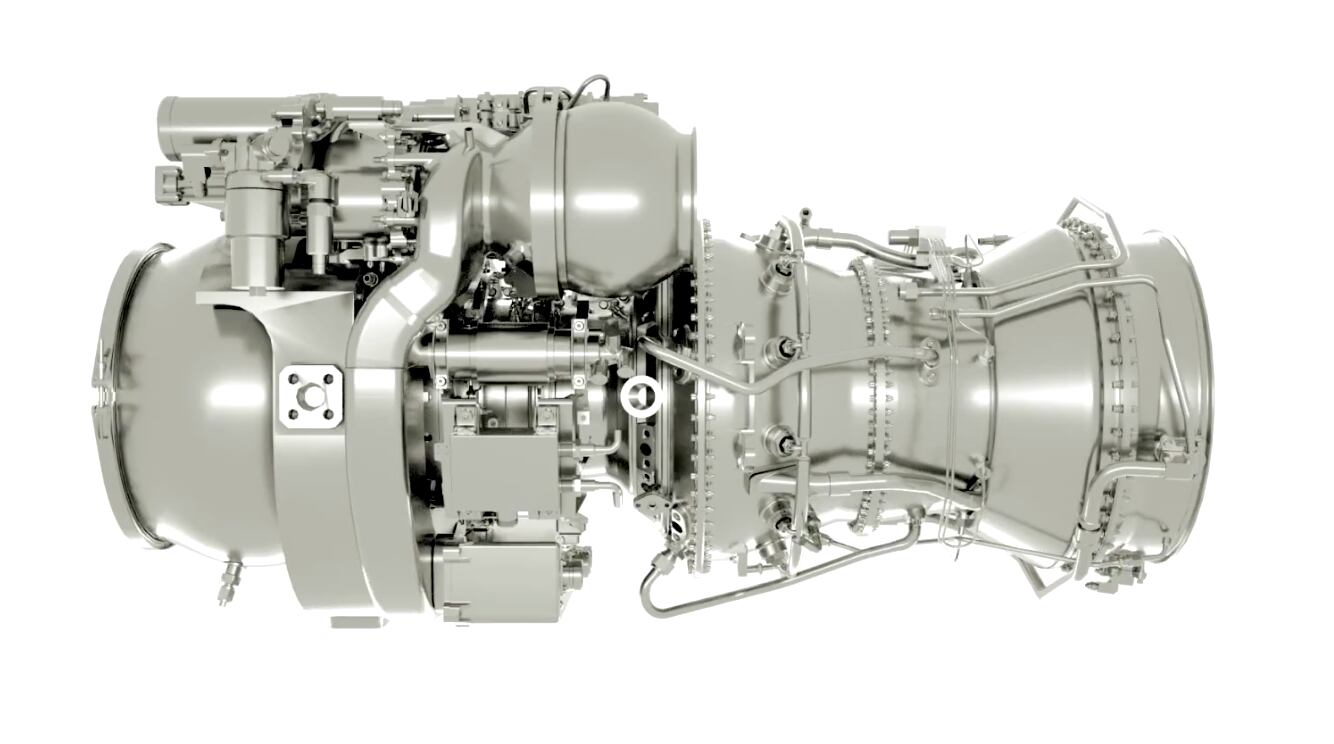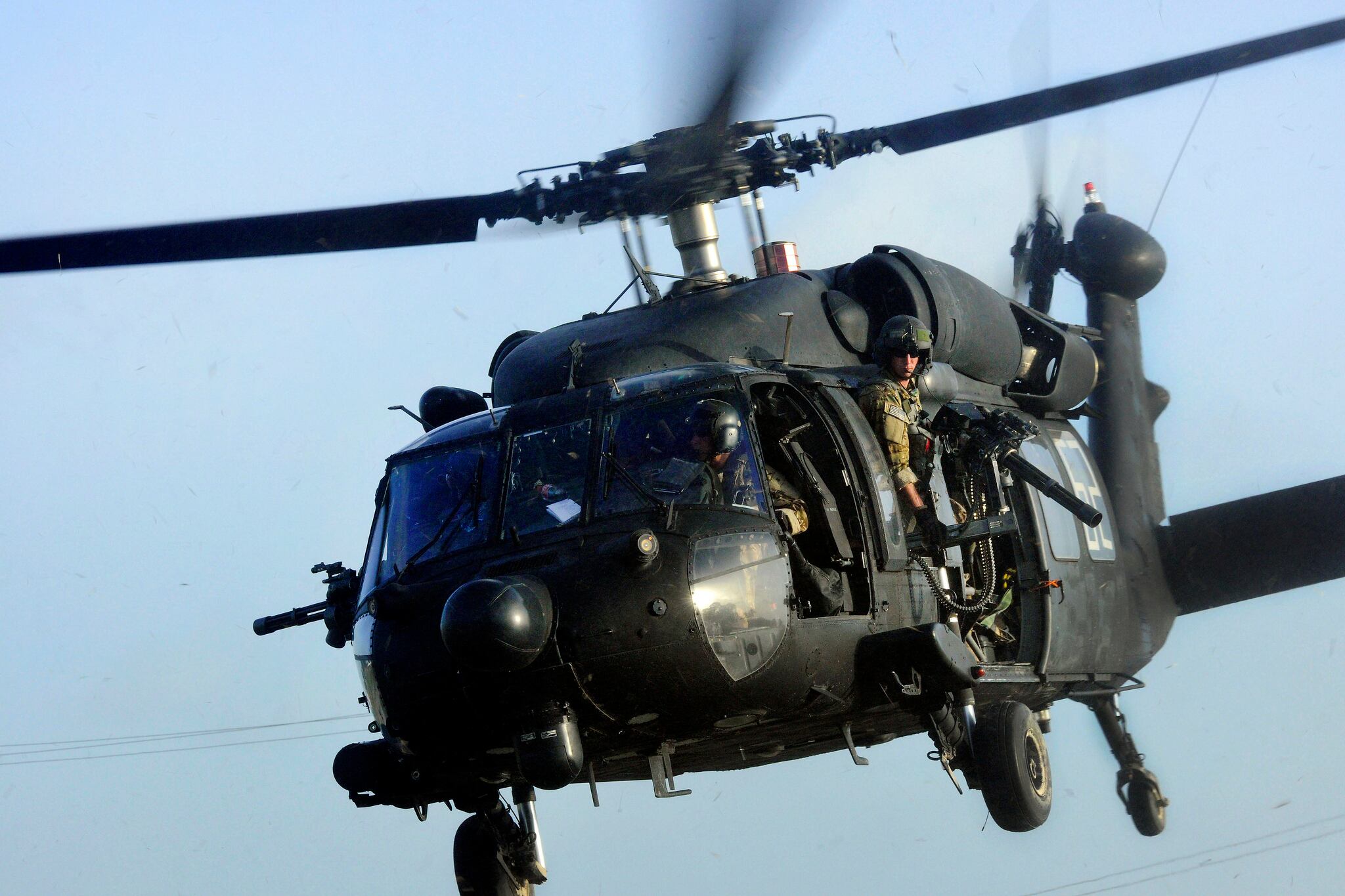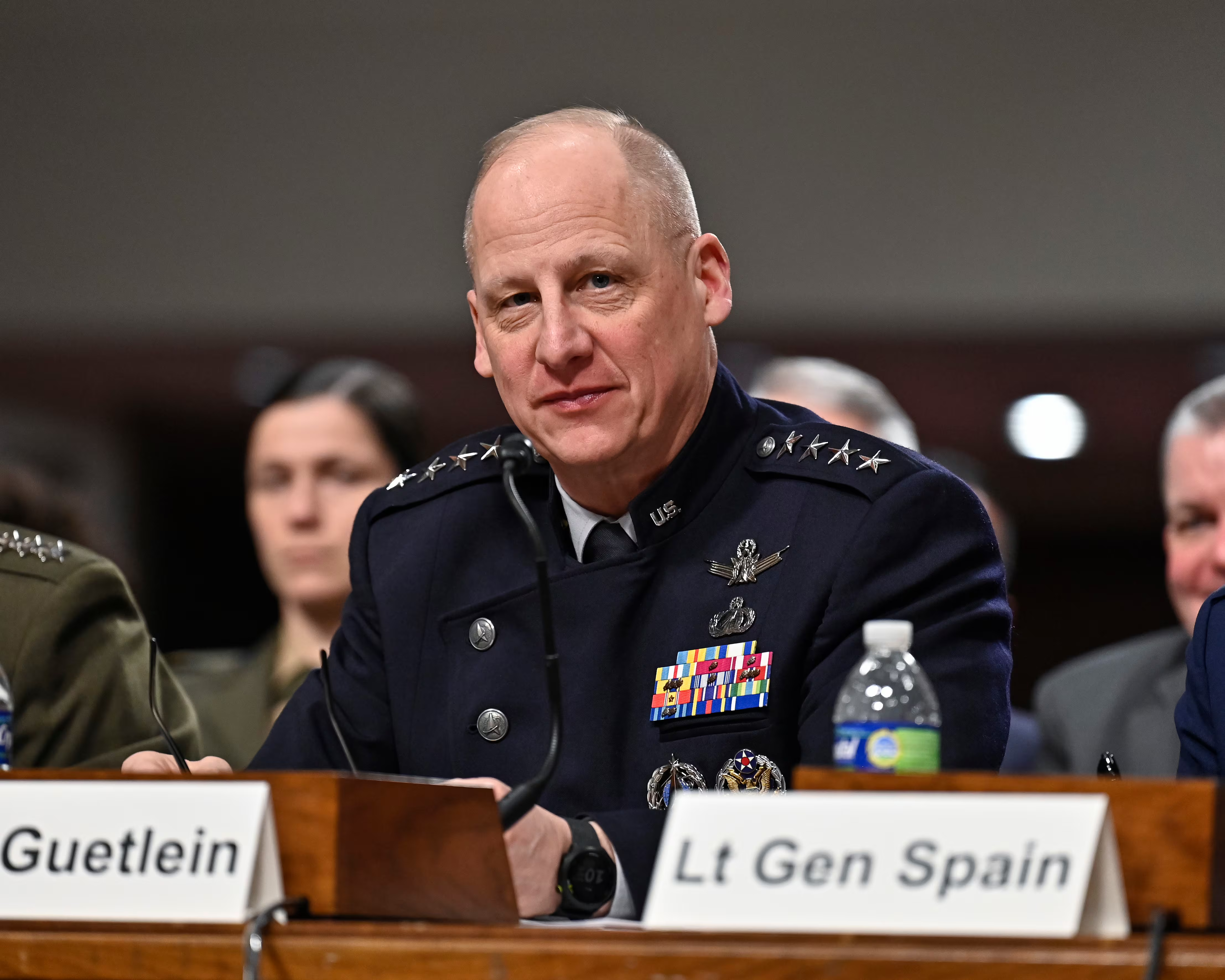WASHINGTON — The Advanced Turbine Engine Company — a team of Honeywell and Pratt & Whitney — is pushing to stay in the Army’s helicopter engine replacement program after the Army chose competitor GE Aviation and the Government Accountability Office denied its protest of the service’s decision.
ATEC was notified of the GAO’s decision to deny the protest May 30.
The Improved Turbine Engine Program will replace both UH-60 Black Hawk utility and AH-64 Apache attack helicopters’ 1970s-era T700 engines and will also power the Future Attack Reconnaissance Aircraft the Army is planning to procure as part of a major modernization effort.
After years of creeping slowly through science and technology and development phases of the ITEP program, the service awarded a $517 million award Feb. 1 for the engineering and manufacturing development phase to General Electric Aviation, which will supply its T901 engine.
RELATED

But ATEC filed a protest with the GAO shortly after the contract award following a debrief with the Army on the results of the competition.
And while the GAO worked toward a decision, ATEC has been building its case for the Army to keep it and GE in competition through the EMD phase in order to build more substantial data along the way.
“We firmly believe our T900 engine was the best value for our customer and the best engine for the warfighter,” Craig Madden, ATEC’s president told Defense News in a recent interview. “But we also believe the Army needs and deserves more information to commit to an engine.”
“We appreciate the thorough review of our protest as conducted by the Government Accountability Office,” Madden said in a May 30 statement. “We are disappointed in the outcome and are currently reviewing the decision in detail. The GAO findings notwithstanding, a procurement this crucial should never be made based on paper proposals," he said.
ATEC has taken to Capitol Hill since the Army’s decision to ask Congress to consider keeping both competitors further into the EMD phase.
“That ensures that the actual engines are put to the test on the stand as opposed to just having a proposal down-select," Madden said in the interview. “They have never seen the actual engine run.”
RELATED

While the science and technology phase did involve building engines for testing, a complete engine design built as a final, manufacturable product, won’t happen until later in the EMD phase.
Historically, the Army has thoroughly tested competing engines before choosing a winner, and, this time, the decision will be a lasting one — the service typically keeps engines for decades. In the case of ITEP, it will replace engines in Black Hawks and Apaches that will fly for another 30 years at least and will be the new engine in a future aircraft that will likely still be flying 50 or 60 years from now.
RELATED

Keeping both engines in the EMD phase “greatly reduces risk to the program and provides data for the customer to make a data-based decision,” Jerry Wheeler, ATEC’s vice president, said in the same interview.
“It’s also consistent with the position we have taken all along," Wheeler said. "Every time the Army has ever asked us how we would feel about the down-select being deeper in the test phase, into the EMD phase, we have always told them we would welcome the opportunity to compete our engine against our competitors on the test stand as opposed to in a proposal.”
The Army said earlier this year that the 90-day GAO protest would not delay the next phase of the ITEP program. The service was, in fact, looking to move more quickly than previously planned and GE had a way to do it.
The ITEP program is expected to reach full operational capability in fiscal year 2026, but the service has provided incentives to move more quickly, potentially even a year ahead of schedule, Brig. Gen. Thomas Todd, the Army program executive officer for aviation, told Defense News in April.
The ITEP engine has been a major priority within Army aviation but the process of its development and acquisition has taken much longer than originally planned with schedule slippages as the Army wrestled with its strategy and struggled with limited funding.
Jen Judson is an award-winning journalist covering land warfare for Defense News. She has also worked for Politico and Inside Defense. She holds a Master of Science degree in journalism from Boston University and a Bachelor of Arts degree from Kenyon College.








